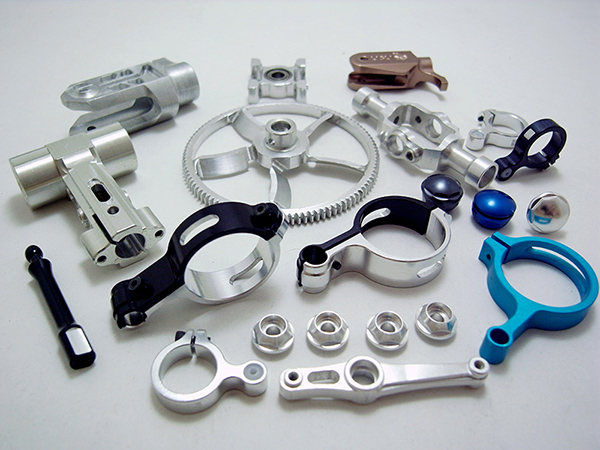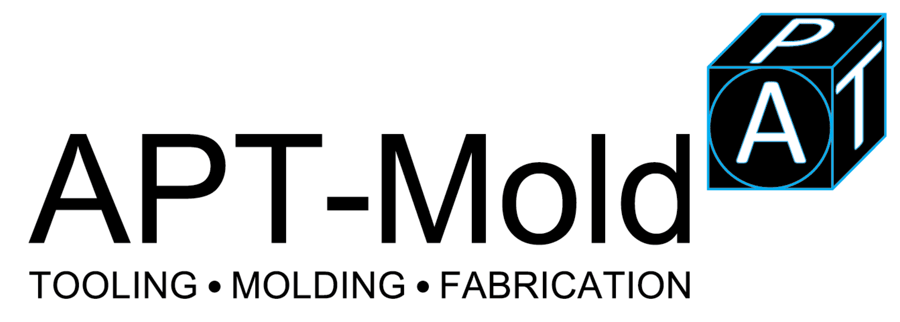In the past ten years, China has emerged as a global superpower. They have pipped the traditional powerhouses by fully embracing the global market and opening its borders for international trade. This has significantly changed the country for the better.
When it comes to purchasing power and GDP, China has truly outshined other countries. One of the key contributors to its economy is its population. It has fueled the economic growth rate of the country.
Due to its huge workforce, China has a wide array of products and a ready market. Its population also provides a ready workforce which many multi-national find very attractive. The outsourcing market of China has grown and the government also provides a conducive environment in which business can thrive.
For those who are particularly involved in plastic injection molding, China certainly provides an attractive venture. If you are looking to outsource your mold manufacturing, here are some pros and cons that you should go over.

cnc machining parts, *picture from partzpro.com
Pros of mold manufacturing in China
Lower production cost
When working with a mold manufacturer from China, your production cost will be significantly reduced without tampering with the output or quality of the product. This benefit is primarily the reason why most clients and entrepreneurs don’t mind the disadvantages of outsourcing from China.
High output with limited time
All manufacturers face the same trouble, timeline, and capacity. Well, these two problems are not a cause for concern from most mold manufacturers from China. It’s for the same reason cheap labor, which means that you can have a large number of people work on your product resulting in higher output within the shortest time possible.
They are bound to be some issues arising such as exploitation, but as long as you have done your due diligence you are good to go.
Quick access to opportunities and market
When you outsource your whole production to China, it provides you with an opportunity of marketing your products locally. Local production enables you to establish a supply chain providing you with access to the market of 1.3 billion. The return on investments is truly impressive.
Cons
Language barrier
Even though China has fully embraced the international market and trade, not everybody can converse in English. And because you are on the opposite side of the globe and can’t speak Cantonese or Mandarin it can be quite hectic.
You may hire and translator during the entire negotiation process with the manufacturer but it adds a lot of extra costs.
Intellectual property risks
One of the major cons of outsourcing to Chinese companies is the risk of violating intellectual property rights. Even though the Chinese Government has put measures for robust IP laws and policies, there is still a lot to be done.
As a manufacturer, you must ensure that you create corporate protection strategies for all of your products. Patenting your product will reduce the risk of running into issues with IP.
